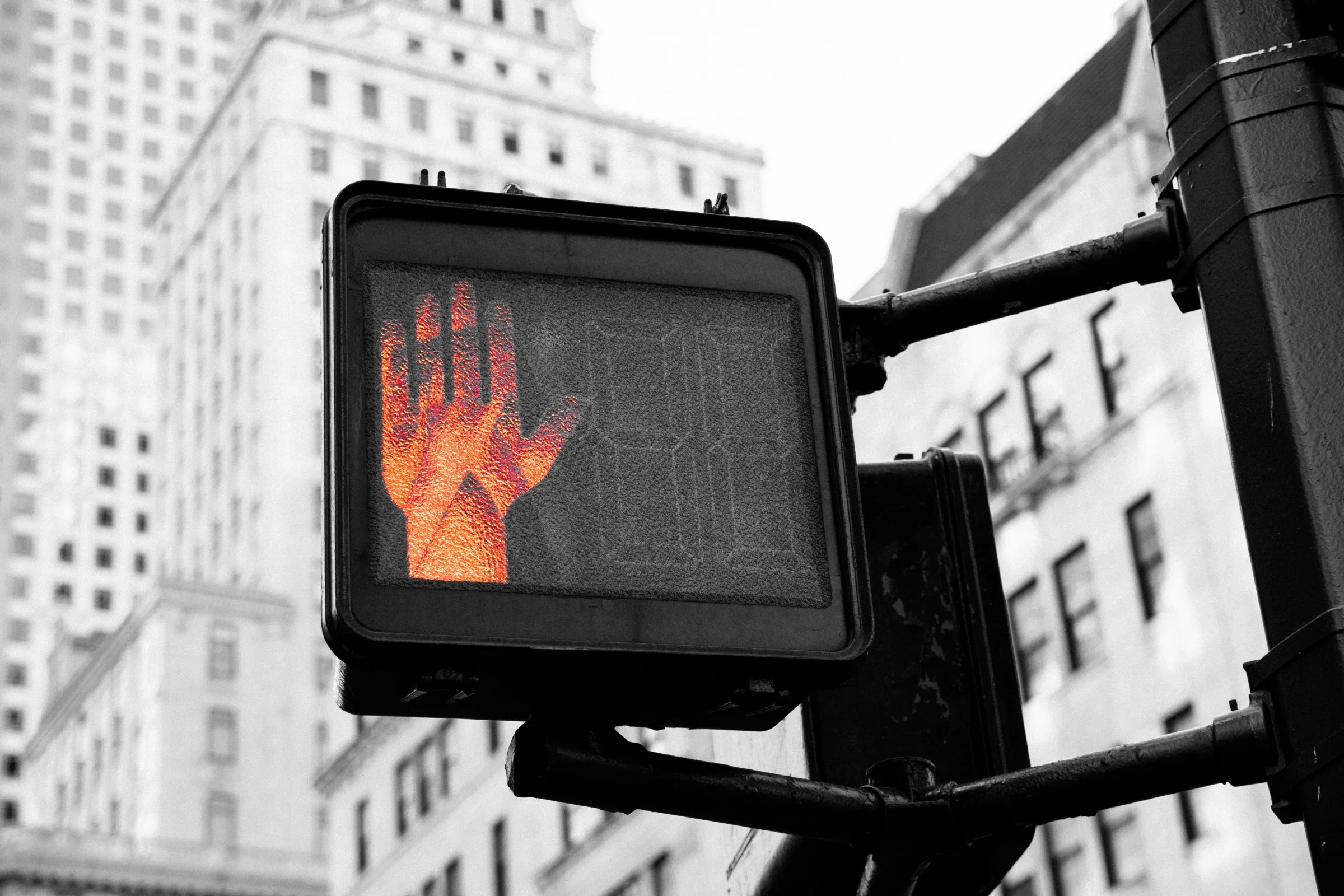The Art Of Saying ‘No’
When I started my first company ten years ago, I had an unhealthy tendency to constantly do things for other people while getting nothing in return.
I was saying “yes” to everything — side projects, events, business ideas. I didn’t have the self-awareness or self-confidence to say “no” if it meant I might upset someone or miss out on an opportunity.
That type of situation can only go on for so long.
After being the ‘yes-woman’ for a few years, I became incredibly overwhelmed and was constantly in a negative mental state.
I ended up going to group therapy to work through these issues, which really helped me realize the problem I had with telling people “no.”
I’d be lying if I said I never struggle with it today. But the reality is, learning to turn things down was one of the best steps I’ve taken in both my personal life and my career.
If you’re in a similar place right now — spread too thin and saying “yes” to everything — I’d encourage you to step back and think about how a simple “no” could change your life.
Saying “no” gives you the ability to set your own boundaries.
The Art of Saying No really comes down to setting boundaries and making decisions from a place of abundance, rather than fear.
When you make fear-based decisions, you’re generally thinking about missing out. Will I miss the biggest opportunity of my life by saying no? Will this client drop me? Will I lose the reference I need?
The worry that you’ll miss out on something leads you to take oneverything.
But when you consider decisions from a place of abundance, you think about how an opportunity will fit into your life. You consider that it might be a good option, but you realize there will be plenty more opportunities if you turn this one down.
And the only way to get to that mindset of abundance is by setting boundaries.
Personally, I set my boundaries by writing them out.
I begin jotting down all of the past experiences that have been unpleasant or harmful.
I then throw that piece of paper away because I don’t want those things in my life. But I use that list as a springboard to write down everything I do want — my goals, the skills I want to develop, the type of people I want to work with.
I say “no” to anything outside of that list.
Setting boundaries can be tough at first, but remember, you’re not necessarily missing out or denying yourself opportunities. You’re making room in your life for the things you really want. Think of it like a closet. If you never clean it out, you eventually run out of space for new sneakers.
If you want something new, you have to make room for it.
Trust your instincts when you need to make a decision.
Setting personal boundaries is the key to saying “no,” but learning when to agree to something and when to walk away is also instinctual.
Learn to trust your intuition.
We all have that little voice in the back of our heads that pipes up when something doesn’t feel right. It doesn’t always tell you exactly what’s wrong with the situation or the person, but you know something’s not right. You can feel it in your gut.
This usually happens to me when I’m considering working with a new business partner or collaborator. There might be some erratic communication or our meetings just feel “off,” but whatever the case, I’m picking up on a red flag — a good reason to say “no.”
We often try to squash that voice in our head and ignore it. We try to rationalize it away by thinking, “This will be a great opportunity.” But that’s the fear of missing out talking. When you look at it from an abundant mindset, you see that taking a chance with this sketchy person will actually keep you from collaborating with someone great.
It’s not about saying no to everything.
I’m a firm believer in allowing for serendipity and unpredictable, magical moments in our lives. I’m not advocating that you say “no” as a way of avoiding any sort of experience that isn’t on your list.
You should always leave space for the new and exciting opportunities that you can’t always see coming. You just don’t want to spread yourself so thin that you aren’t making the most of what comes your way.
For instance, when I first began speaking about blockchain at conferences, I agreed to every speaking engagement because I wanted the experience and exposure. But as I started honing my craft, I also gained a greater awareness of which engagements would and wouldn’t be right for me. Sometimes the topic just isn’t in my wheelhouse, and now that I have more practice, I feel much more comfortable turning those down and focusing on the speaking engagements that I’m confident about.
Really, that’s the secret of learning to say “no” that people don’t tell you — it makes your “yes” that much more powerful.
Thanks for reading!
Follow me on Twitter and LinkedIn to stay up to date on the latest emerging tech, blockchain, and cryptocurrency culture and trends.

